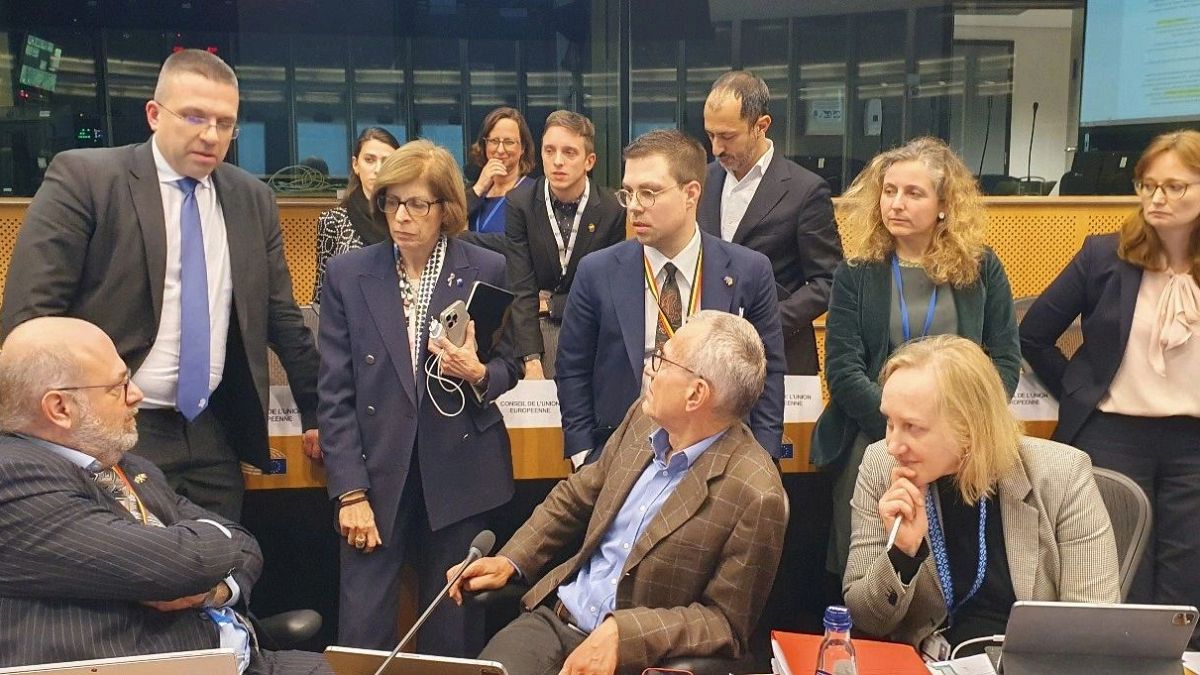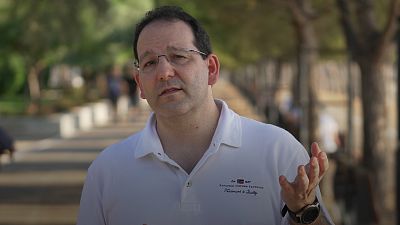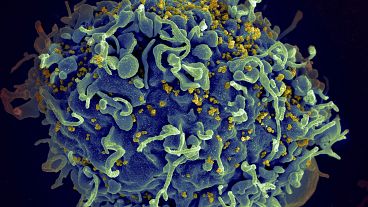Differences over patients’ right to opt out of health data transmission to third parties scuppered all-night talks on the last health file of the term.
Negotiations between MEPs and the Belgian presidency on the EU's proposed health data space (EHDS) stretched into the early hours before collapsing at first light today (8 March).
The draft rules proposed by the EU Executive in 2022 are intended to govern the transmission and sharing of health data across the EU for private individuals, researchers, and policymakers.
Attempts to finalise a compromise were frustrated by radical differences on re-using health data for so-called ‘secondary use’ – namely data registered for use by health services but used by third parties for other purposes.
Such secondary use includes collation of health records, administrative, genetic, genomic and social data, public registries, clinical studies, research questionnaires, and biomedical data such as biobanks.
In relation to such secondary use, Parliament’s mandate included a strong opt-out clause, restricting most data sharing and use by third parties at patients' behest, if they so choose, to protect against the risk of loss of control of health data.
Failure to include this opt-out "could mean the end of medical confidentiality and deterring patients from seeking urgently needed treatments for fear of stigmatisation, possibly even resulting in suicides", according to MEP Patrick Breyer (Germany/Greens), one of the Parliament’s negotiators and a civil rights activist.
Belgian proposal on the table
An opt-out clause was not envisaged in the original proposal as the EU executive modelled it on the General Data Protection Regulation (GDPR), the EU framework for sharing data, which does not require consent for third-party use of anonymised and pseudonymised data.
Member states consider anonymisation a valid safeguard against risks of third-party processing data and believe an opt-out clause could disbenefit the research sector, undermining developments in innovative fields such as of personalised drugs.
To break the stalemate, the Belgian EU presidency, negotiating on behalf of EU-27 health ministers, presented a new compromise, seen by Euronews, at the beginning of the closed-door talks .
The Belgian proposal recognised the right to opt-out to every natural person, leaving to member states the task of providing an 'understandable opt-out mechanism'.
However, the Belgian draft included exceptions to the opt-out clause “if requested by a public institution with a mandate in carrying out tasks in the area of public health” and even “[by] a private institution entrusted with carrying out public tasks in the area of public health.”
Such exceptions would only apply in certain circumstances, such as where justified in the public interest or for public and occupational health reasons, as well as for policy-making and regulatory activities and statistics.
Despite attempts to bridge divisions in the talks by Parliament’s leading negotiator Tomislav Sokol (Croatia/European People's Party), MEPs considered the exemptions too plentiful and broad, and that they risked stripping out the Parliament’s mandate, according to three sources familiar with the issue.
Another CSDDD?
The Belgian presidency also appeared inflexible in relation to its proposal, according to the three sources.
“Not all member states want the EHDS at all costs,” said one of the sources, adding that this dynamic reduced the room for negotiation over the Belgian compromise.
One of the sources said that the Belgian presidency is keen to avoid a similar stalemate scenario arising in the EU Council as it faces in the corporate sustainability due diligence directive file (CSDDD), whose final text was agreed upon with MEPs but remains to be rubberstamped by member states.
A further meeting of EU ambassadors is scheduled for next Wednesday (13 March), but Belgium will not ask member states for a new negotiating mandate, an EU presidency spokesperson told Euronews.
A final attempt to rescue the health data file will be made on Thursday (14 March) when talks with MEPs will resume, the spokesperson added.
Despite the frustration, one well-placed EU source seemed hopeful, saying: “There was good progress, only more facetime between co-legislators is needed to finalise the deal.”



